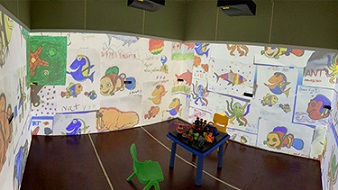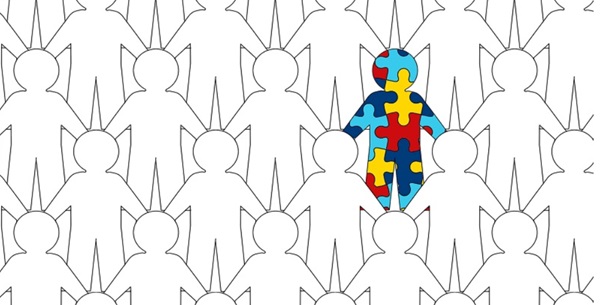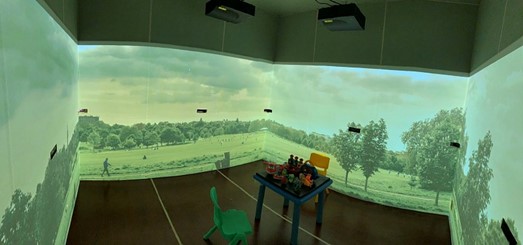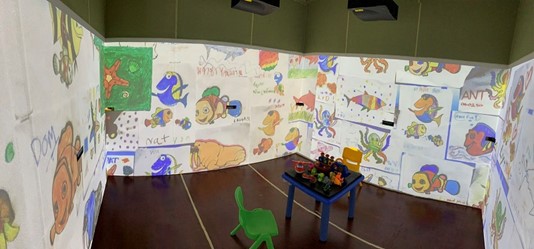AI expert wins 1.5 million RMB for autism research

Sponsored by
A team led by prize-winning computer scientist Ming Li has received a 1.5 million RMB (US$213,600) grant to further research into artificial intelligence (AI) technologies that can diagnose and treat autism. Awarded by the Guangzhou Key Area R&D Program, the funding will support the team’s work over the next three years.

World Autism Awareness Day falls annually on April 2
Li, associate professor of electrical and computer engineering at Duke Kunshan, has received multiple awards for his collaboration on AI projects to help people with autism, a neurological disorder characterized by challenges with social skills, restricted or repetitive behaviors, speech and nonverbal communication.
In addition to winning the IBM Faculty Award in 2016 for his work in speech processing and analysis on the multimodal behaviors of autistic children, this year, the Chinese Ministry of Education selected a paper Li co-authored for the Youth Achievement Award at the eighth Awards for Outstanding Achievements in Scientific Research in Higher Education.
Published in Autism Research, the paper details the application of a machine learning method to analyze an eye movement dataset from a face recognition task to classify children with or without autism. The result was a classification accuracy of 88.51 percent.
“We’re really excited our work is gaining recognition. It shows that we’re moving in the right direction in autism research,” Li said of his team ahead of World Autism Awareness Day on April 2. “Our goal is to help children affected by this developmental disorder by using AI technologies to improve their social, communication and emotional skills.”
Since June, Li been leading a joint research lab established by Duke Kunshan and Dami & Xiaomi, a leader in child autism intervention, to improve early diagnosis and treatment of the condition. As part of the project, his team has designed an immersive AI studio for therapists to conduct interventions and treatments with children.


The AI studio offers programmable projection screens that can recreate a variety of settings
The studio’s four walls are programmable projection screens that can recreate a variety of settings, such as a forest environment, with sound delivered through multichannel audio equipment. The therapist can use the studio to interact with the child, such as asking him or her to point at a certain object projected onto the wall to observe their reaction. At the same time, cameras capture the movements of the child and the therapist, including gestures, gazes and other actions.
The studio is equipped with more than 10 technologies that have obtained or are in the process of obtaining patents. These include technologies that assist with gaze detection, human pose estimation, face detection, face recognition, speech recognition and paralinguistic attribute detection.
“This standardized AI studio will be used in our partner hospitals and at various Dami & Xiaomi centers. It’s now in the final testing stage and will soon be put into use in Guangzhou and Shanghai,” Li said.
He said traditional methods of evaluating autism have low efficiency and the output is subjective and relies heavily on the therapist’s expertise. However, AI technologies not only assist therapists in recording and analyzing data but also are more objective and standardized.
“The AI studio can help record a child’s responses, eye contact with the therapist, movements, and even emotions,” Li said. “AI isn’t there to replace the human but to act as the audience, to observe the child all-around, convert the collected data into the required indicators and feed them back to the therapist. In this way, the therapist can focus on treating the child without worrying about taking records at the same time.”
Yueran Pan, a research assistant at Duke Kunshan’s Data Science Research Center and head of the autism research group, added, “We hope to apply the AI technologies to more scenarios, including the family home, to empower parents to help with autism intervention. We’ll work to equip our systems with the expertise of experienced doctors, so children and their families can access the best medical resources.”